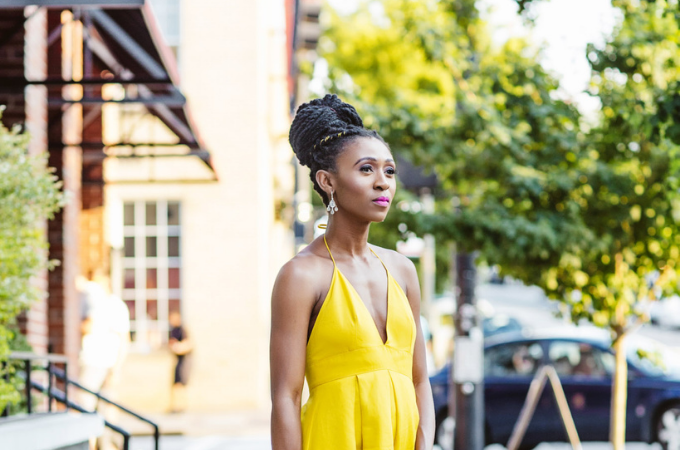
10 years ago, a dewy-eyed graduate student, I started writing a blog on literature and philosophy. It was supposed to be a personal project because writing is how I think and survive. But after a decade of hard work, hard lessons, experimentation, some failures, and lots of dreaming, this blog has become a notable literary brand for lovers of African literature.
The last ten years have been magical. From an unknown blog read by a handful of people, Brittle Paper has grown to become a platform generating thousands of digital content on African literature for a global community of readers. But the forces that propelled our growth also sustained a rapidly expanding ecosystem of literary production on the continent and Diaspora. Thus, as I think about what founding and growing Brittle Paper has meant for me these many years, I keep returning to the privileged insights it’s given me about where we—the African literary community— are in our collective literary pursuits.
Ten years is a long time. And when it comes to an end, there is this inexorable desire to mark it because when time accumulates it becomes solid, something you can see and touch. It becomes a monument. It is this monumentality of Africa’s literary time that I want to celebrate by highlighting the advances the community has made in the past decade.
Decades are defined by ideas, and this has been a decade of big ideas for African literary culture. Afropolitanism has been a clarion call for trans-national black solidarities. African Feminism has become a world-defining ideology. LGBTQ advocacy has opened up new avenues for honoring Africa’s lived experiences. The #RhodesMustFall movement rekindled the fire of earlier decolonization struggles. Social media is opening up new pathways of global circulation. Africanfuturism is teaching us how to be better dreamers.
Speaking of dreaming, the last ten years has been a dazzling array of literary dreams come true. Jalada Africa’s translation of Ngugi’s Swahili short story into 65 languages, most of which are African languages, is an epic moment in the decades-long dream for a pan African consciousness. Cheikh Antar Diop, who lamented the absence of translations in African languages, had to have smiled from the grave.
Women dreamed of a future in which they were not erased from a literary landscape centered on male authors. Buchi Emecheta, Flora Nwapa, Mariama Ba, Ama Ata Aidoo, and all the other literary pioneers fought for every inch of room they occupied in the viciously male dominated edifice of African literature. Today, African women are the new arbiters of Africa’s literary culture. Ever since Leila Aboulela won the inaugural Caine Prize for African fiction in 2000 and Chimamanda Adichie’s Purple Hibiscus (2004) won the hearts of readers, African women have soared in their influence in the global literary scene. They are publishing the most-talked about, shortlisted, and awarded books. They are running literary festivals, founding publishing houses, building digital platforms, and dominating social media.
This decade has also seen another dream come true. The dream of many to see queer voices thriving joyfully in the African literary space is taking roots. We are nowhere near the promise land, but queer voices are speaking and audiences are listening raptly. From Akwaeke Emezi’s brilliant work on trans experiences to Binyavanga’s militant advocacy for the validity of queer life as African life and queer stories as Africa stories, the tide is turning from the days when queer experiences where silenced and misrepresented in African literary discourse.
To shift gears to the material conditions that make literature possible, a lot has changed about the business of African literature. When we consider the global marketplace, the interest in African literature does not appear to be a passing trend. At the turn of the century, Adichie had trouble finding a market for Purple Hibiscus. The agent who finally took her on saw the novel as a risk, a gamble. In 2014, ten years after Adichie’s debut novel, Imbolo Mbue made history with a million-dollar publishing deal for her first novel in a bidding war among high profile agents. But for those writers who do not take this paved road to literary stardom, the rise of independent publishing on the continent and niche presses in the west has opened up opportunities. Africa-based presses like Jacana Media, Cassava Republic, Modjaji Books, Bakwa Magazine, Masobe Books, Ouida Books, Huza Press, just to name a few, are providing writers outlets for their work.
In spite of these advances, traditional publishing remains a challenge in a continent where books continue to be prohibitively expensive. But platforms like Okada Books and Ouida’s One Read are stepping in to fill this gap. They are taking advantage of the fact that Africa relies on mobile technology for much of its web connection, making e-publishing a viable option. These platforms are streamlining the publishing and distributions process so that writers can get their work out faster and readers can read cheaply.
Other entrepreneurial sectors of the literary industry have also undergone changes. Literary festivals are depending less on state sponsorship and more on corporate funding, private donors, book sales, ticket sales, and so on. They’ve established trans-continental partnerships through which they share resources and ideas. Perhaps that is why literary festivals today are recording far better longevity than older institutions. In other words, we’ve come a long way since the issues of sustainability that plagued projects such as the Makarere conference and FESTAC. Ake Festival in Nigeria is a powerful pan-African meeting point for publishers, writers, and readers. The Hargeysa International Book Fair in Somaliland is more than a book festival. It has become a thriving cultural organization with extensive grassroots impact. Abantu Festival in South Africa is revitalizing the reading culture in Johannesburg. The Lagos International Poetry Festival has built a cultural and entrepreneurial project on poetry, one of the most under-represented forms in African literature.
The place of social media is the expansion of African literary culture cannot be overemphasized. There is no doubt that the current African literary boom coincides with the penetration of social media into all spheres of life. We are at a point where for African literature to be absent on social media would be an act of cultural suicide. That’s is why a growing army of curators are creating millions of digital content on African literature to ensure Africa’s visibility in the brave new world of “likes” and algorithms. The likes of BooksandRhymes, Cheeky Natives, Brittle Paper, The Republic, Tsehai Publishers and authors such as Akwaeke Emezi, Safia Elhillo, Molara Wood, Ijeoma Umebinyuo, and Bernardine Evaristo are making space for African literature on social media, alongside tens of thousands of readers who share their experiences as readers of African literature on social media.
Perhaps the most heartwarming part of all this for me is that in the midst of all these developments, Brittle Paper has been there, publicly documenting the individual contributions of the amazing people who make up the community: Adichie’s journey from successful novelist to feminist icon; Akwaeke Emezi’s luminous story of becoming, the emergence of the militant pan-African spirit of Abantu Festival, Taiye Selasi’s invention of an inspiring concept, Petina Gappah’s joyful affection for a nation, Tsitsi Dangarembga’s activism, Mona Eltahawy’s war on patriarchy, Wainaina Binyavanga’s life and death, Lola Shonyeni’s mission to build an African literary empire, Bibi Bakare’s undying commitment to the African imagination, Jama Musse Jama’s outstanding work on Somaliland’s literary culture. We have also documented the increasing visibility of queer stories and the global recognition of African sci-fi/fantasy. The archive we’ve assembled these many years is an asset for future generations of readers and scholars.
This has also been a time of great loss. A decade doesn’t just contain time. Like a reliquary, it contains those who have escaped the grasp of time. This past decade has seen the passing of many who came before us: Lewis Nkosi, Wangari Maathai, Kofi Awoonor, Chinua Achebe, Nadine Gordimer, Andre Brink, Grace Ogot, Chengerai Hove, Elechi Amadi, Buchi Emecheta, Keorapetse Kgositsile, Charles Mungoshi, Gabriel Okara, Binyavanga Wainaina, Tejumola Olaniyan, Harry Garuba, Chukwuemeke Ike, Molara Ogundipe, Bernarde Dadie, Pius Adesanmi, David Rubadiri, Isidore Okpewho, and many others.
I think of all these lives that have been lost, and I am saddened. But I also know that their life and death have not being in vain. As ancestors, they continue to live among us, expectant about what the future holds. And while we, as a generation, are not perfect in every way, we have built a literary world about which they dreamed but may not have imagined to be possible.



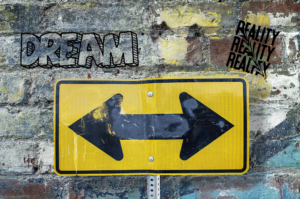

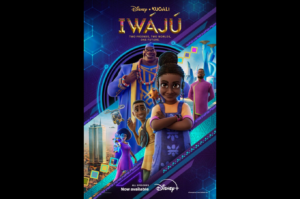
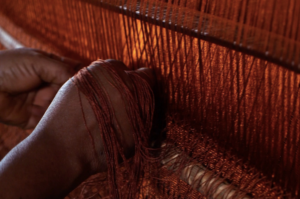
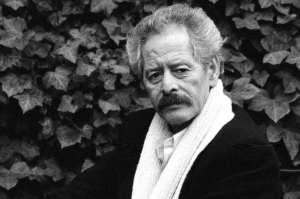

Sarah February 06, 2023 02:10
This is literary gold! All in one article! Excited stumbling on this in my casual research for African children’s books. So we’ll thought our to feed all curiosities in the African literary scene. So much resource and information. Thank you!